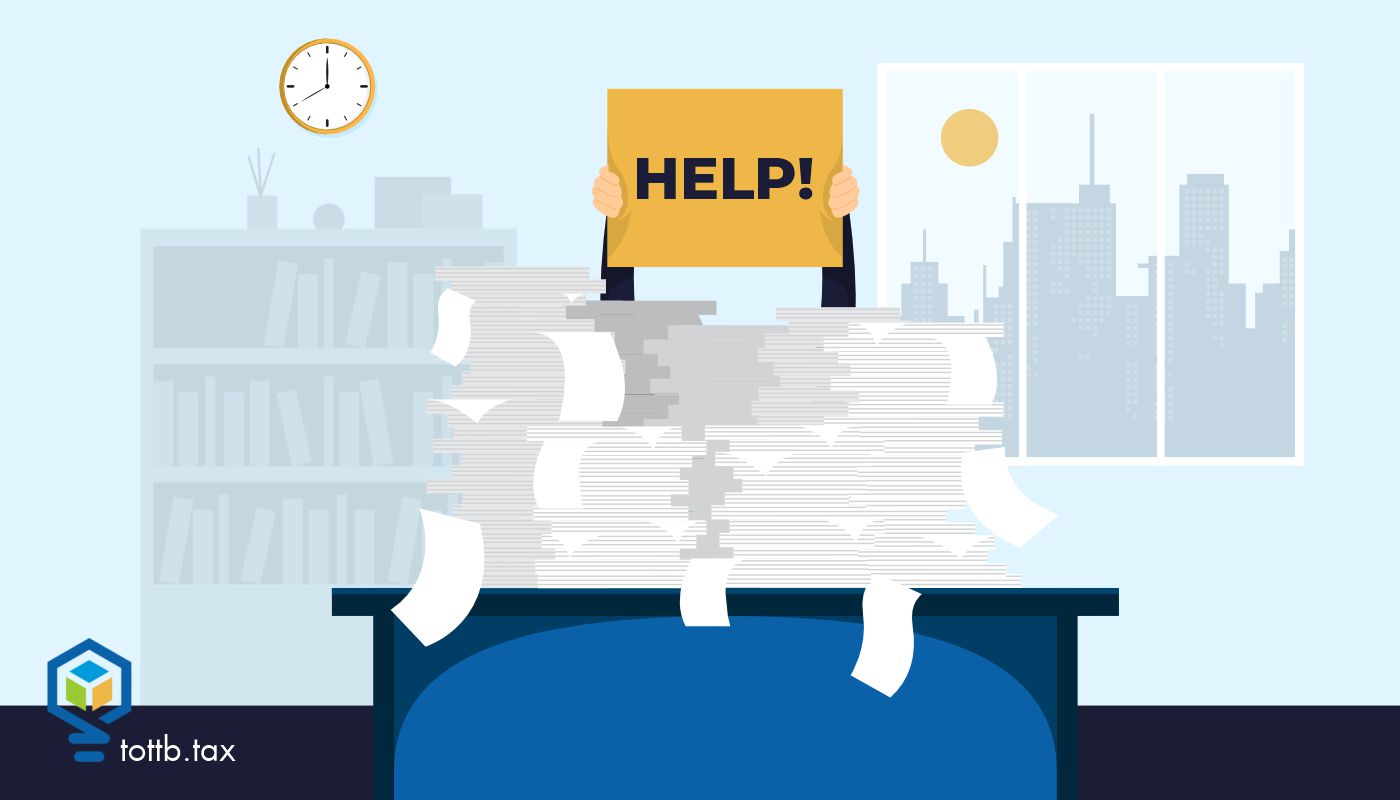LOOKING FOR LEGAL WAYS
TO REDUCE TAX?
New tax reduction strategies carefully explained and exhaustively researched every two weeks. Receive breaking news updates on tax law changes. Members only monthly AMA with TOTTB.tax.
WE PUBLISH TAX STRATEGIES FOR…
FEATURED CONTENT
S Corporation Shareholder-Employee Reasonable Compensation
The S corporation is a powerful tool for small business owners to manage their business efficiently and reduce payroll taxes on owner’s profits. The primary benefit small business owners get, when organized as an S corporation, is the opportunity to avoid payroll taxes on distributions after paying reasonable compensation. A reasonable wage/salary is a must for shareholder-employee/s. However, the shareholder-employee soon discovers that the lower her wage is, the lower the payroll taxes. Why not pay no wage? Or only a token wage? Of course, the IRS knows those tricks and requires the company to pay “reasonable compensation” to shareholder-employees so they’ll submit proper payroll taxes. The IRS can adjust wages to reflect reasonable compensation. Family members of the shareholder must also receive reasonable compensation for services rendered. In this article we will begin by debunking urban legends surrounding S corporation reasonable compensation followed by calculating a reasonable compensation package before finishing with a strategy.
Read MoreCURRENT EDITION

Freelancer Deductions: What You Might Be Missing and What You Need to Remember
Even savvy freelancers often miss deductions that could significantly reduce tax liability. The IRS offers legitimate ways for freelancers to deduct business-related costs, but it’s not always obvious which expenses qualify and which ones cross the line into nondeductible territory. This confusion is made worse when we see some of the terrible advice from so-called “experts” on social media. In this article, we’ll explore the most commonly missed deductions for freelancers, highlight real-world examples, and review what tax professionals need to keep in mind when advising these clients.

How to Help Your Clients Maximize College Financial Aid
College tuition continues to climb, and for many families, financial aid can make or break their ability to afford their child’s higher education dreams. What most don’t realize is that their tax return — filed long before students even begin applying for college — plays a major role in determining how much financial aid they’ll receive. This is where you come in. Tax professionals and financial planners are uniquely positioned to help clients qualify for more college financial aid. But only if you know what to look for.

The Rise of Post-Cognitive Tax Accounting: Embracing a New Frontier in 2027 (or Sooner!)
The year is 2027, and the landscape of tax accounting has undergone a dramatic transformation. Artificial Intelligence (AI) has automated many traditional tasks once considered the bedrock of the profession. Yet, contrary to fears of widespread job losses among tax preparers, this technological revolution has ushered in a new era – Post-Cognitive Tax Accounting. This paradigm shift is redefining the role of tax professionals, opening opportunities to explore uncharted territories that leverage human intuition, creativity, and strategic insight.
SIMPLIFIED TAX STRATEGIES &
PRACTICAL IMPLEMENTATION
Think Outside the Tax Box provides tax reduction strategies along with practical
implementation advice in order to reduce your clients’ federal tax bill with ease.






